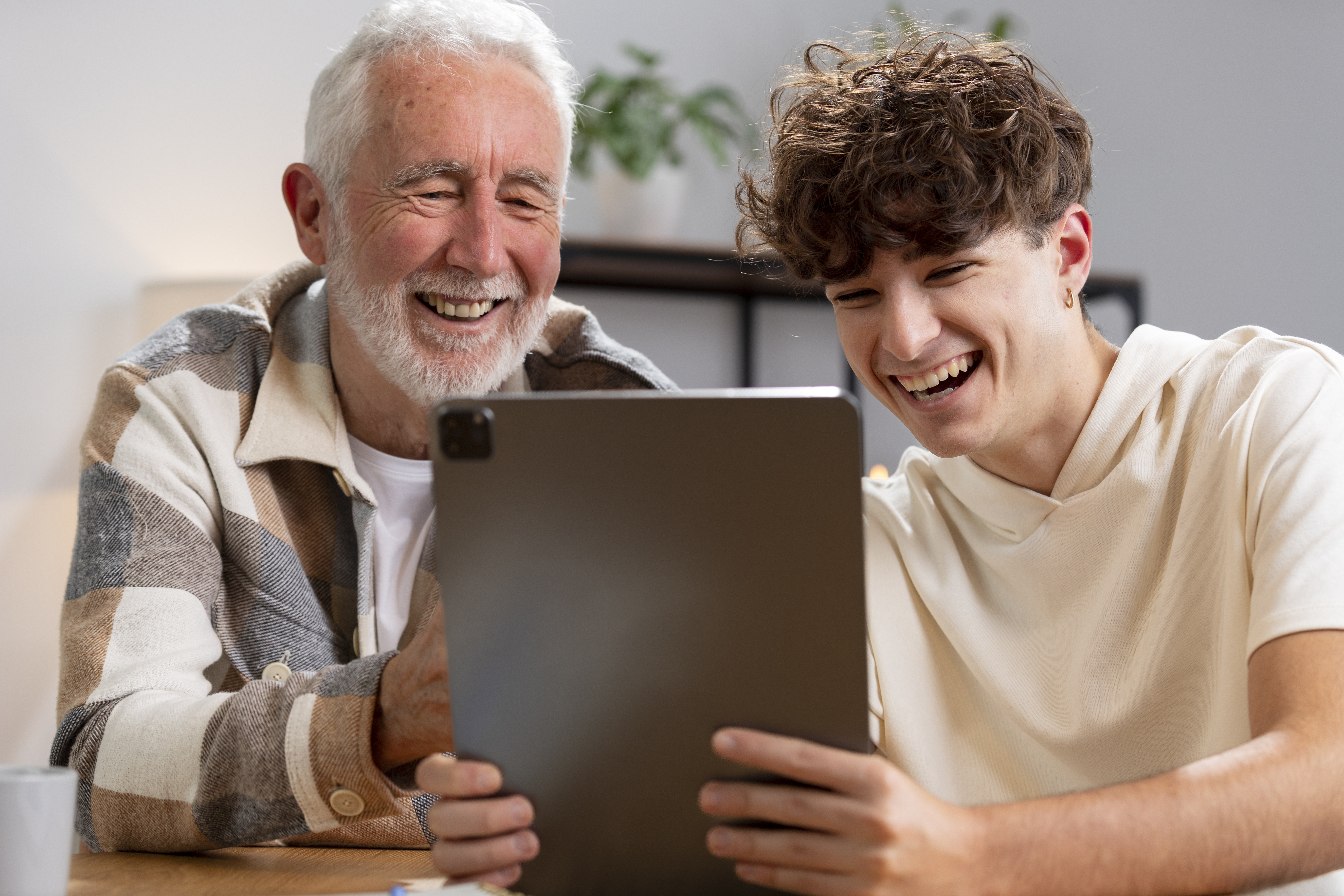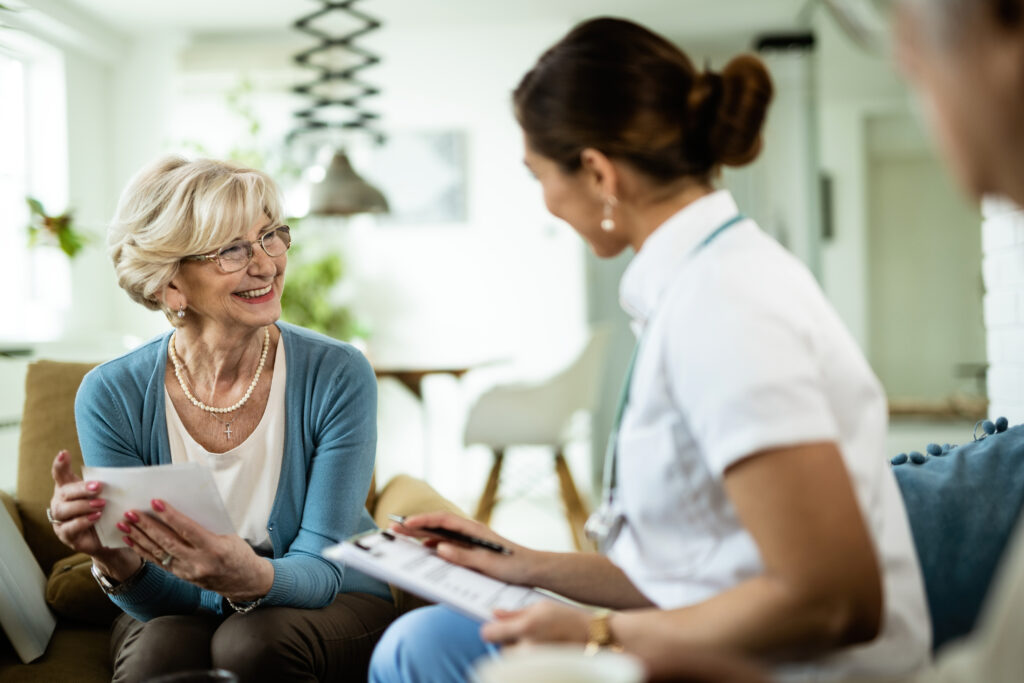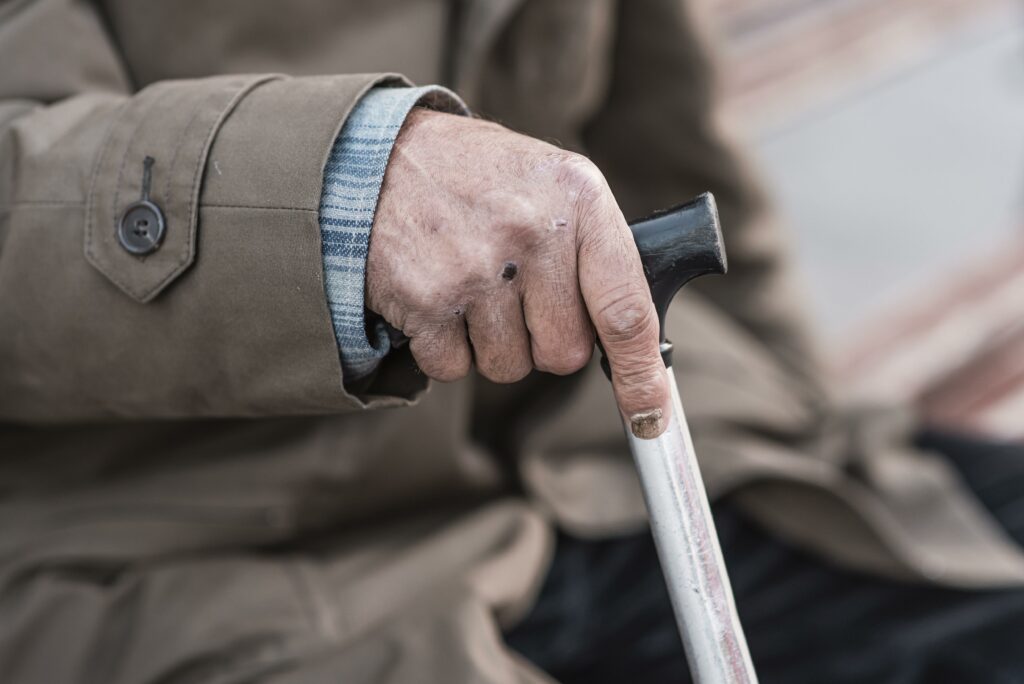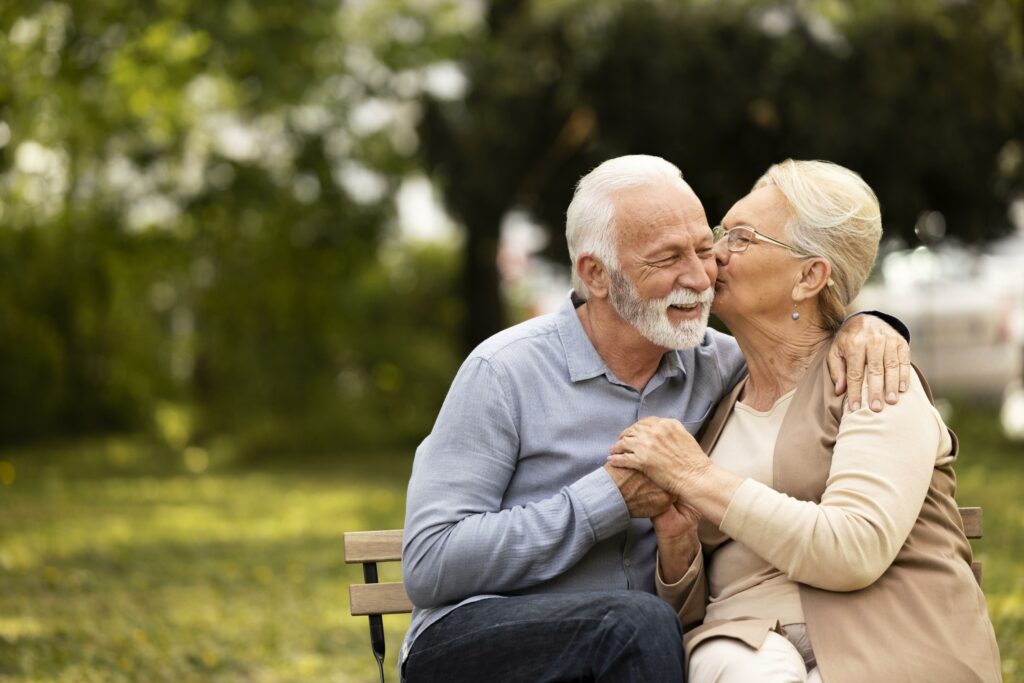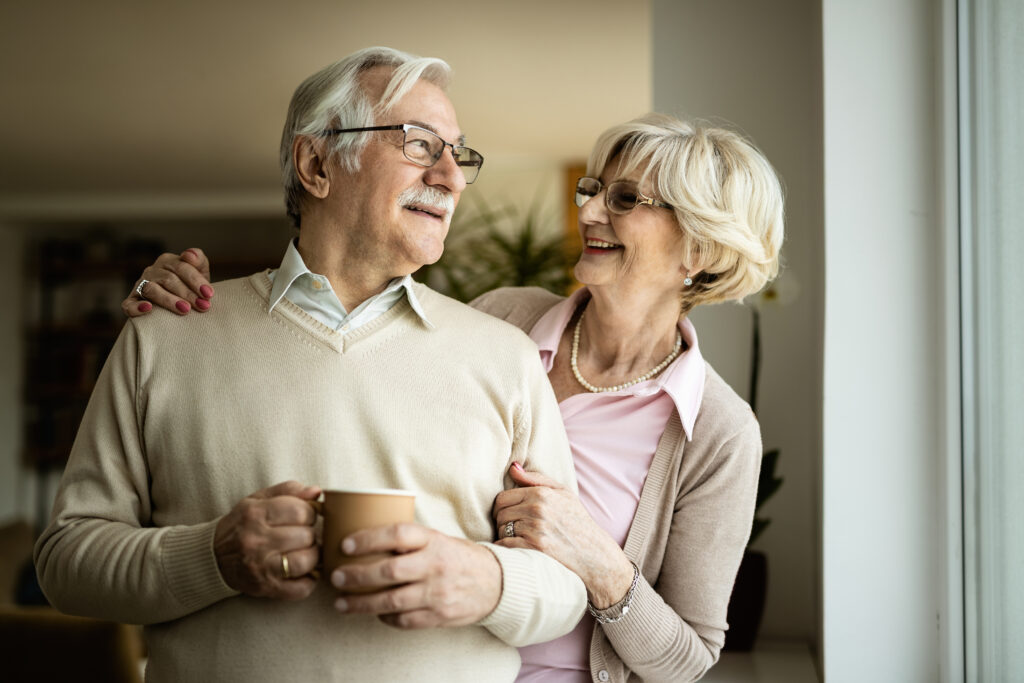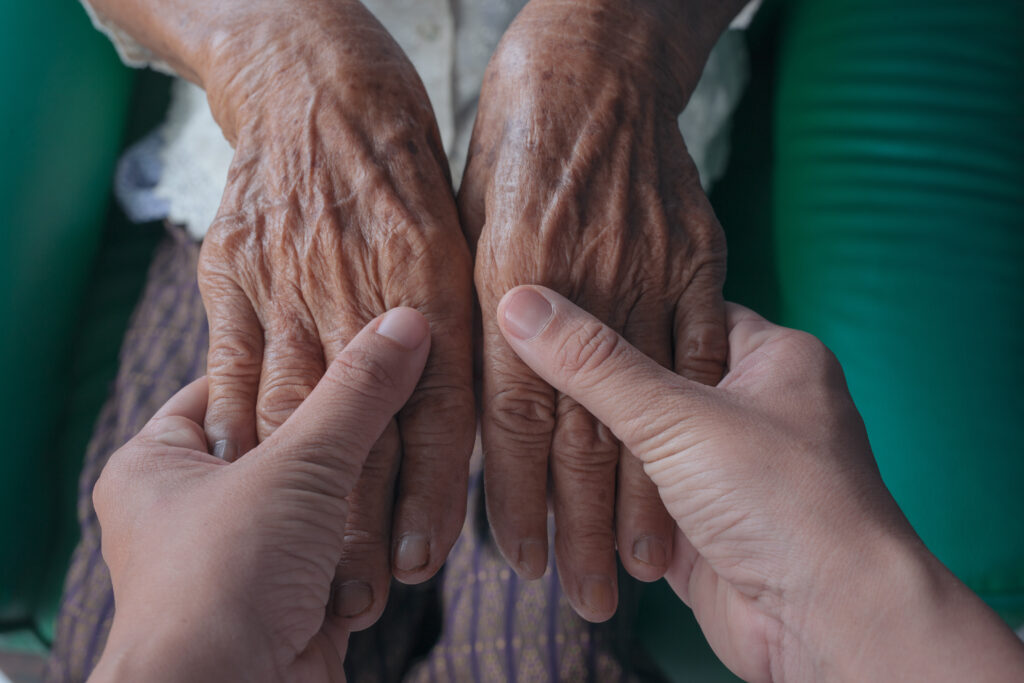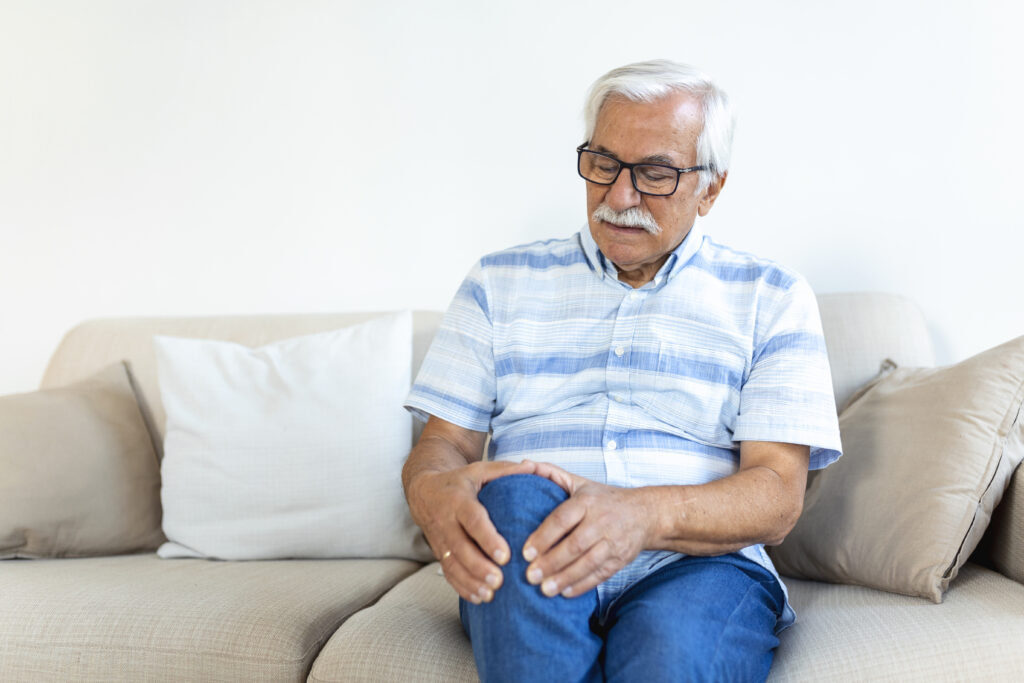Always Keep an Eye on Symptoms and Behavior Patterns
At some points, Alzheimer’s and dementia patients seem to plateau, neither improving nor declining. At other points, they seem to deteriorate quickly or suddenly progress to a new, worse stage. Making a regular effort to gauge their progress and evaluate their ever-developing habits and tendencies can be very important when implementing safety measures. The more aware you are of their current status, the more empowered you will be to take preemptive action to keep your loved one safe.
Reduce Confusion By Minimizing Clutter
People with Alzheimer’s and dementia are often overwhelmed when confronted with disorganized spaces, such as messy countertops or bookshelves littered with knick-knacks. To avoid disorienting them or contributing to feelings of stress and anxiety, try to keep tables, counters, floors, and other such surfaces free of clutter. This can reduce agitation and help your loved one remain relaxed, which can make them
less likely to wander, hurt themselves, or get into trouble.
Lock or Block Off Certain Areas
Create peace of mind for yourself and increase the likelihood of your senior’s wellbeing by deciding in advance which areas of your home are off-limits. It is critical that you do this before your loved one hurts themselves. Stay ahead of the curve by blocking off or locking doors to the pool, the backyard, the garage, your home office, or any other place where your senior may be tempted to rummage or may put themselves in danger.
Install Child-Proof Locks and Other Safety Devices
In the same way that small children seem to gravitate toward things that are bad for them, many people with Alzheimer’s and dementia often unwillingly put themselves at risk of harm. As the disease progresses, many tend to wander off and get lost, putting themselves at risk of being targeted by thieves, involved in a car accident, or experiencing other physical harm. It is also important to use electrical
outlet plugs, lock up dangerous devices such as kitchen knives, blenders, etc. and make it difficult for your loved one to gain access to hazardous household objects.
Lock Up Their Medications
Don’t wait to do this one until it’s too late! Many Alzheimer’s and dementia patients are not immediately rendered unable to self-medicate but, as time goes on, they will become less able to remember whether or not they have already taken certain medications, which can result in overdosing and other potentially deadly side-effects. It is important that you and your fellow caretaker(s) have a plan for administering your loved one’s medication in a way that prevents such problems before they happen.
Get In-Home Care to Help With Dementia & Alzheimer’s
Managing your senior’s health is a heavy burden to bear alone. If you are struggling to meet the developing needs of a loved one who has Alzheimer’s or dementia, there is no shame in asking for help. At Home Healthcare exists to serve people like you, and our team of qualified, compassionate caregivers is ready to begin providing the extra in-home care and assistance you need.
